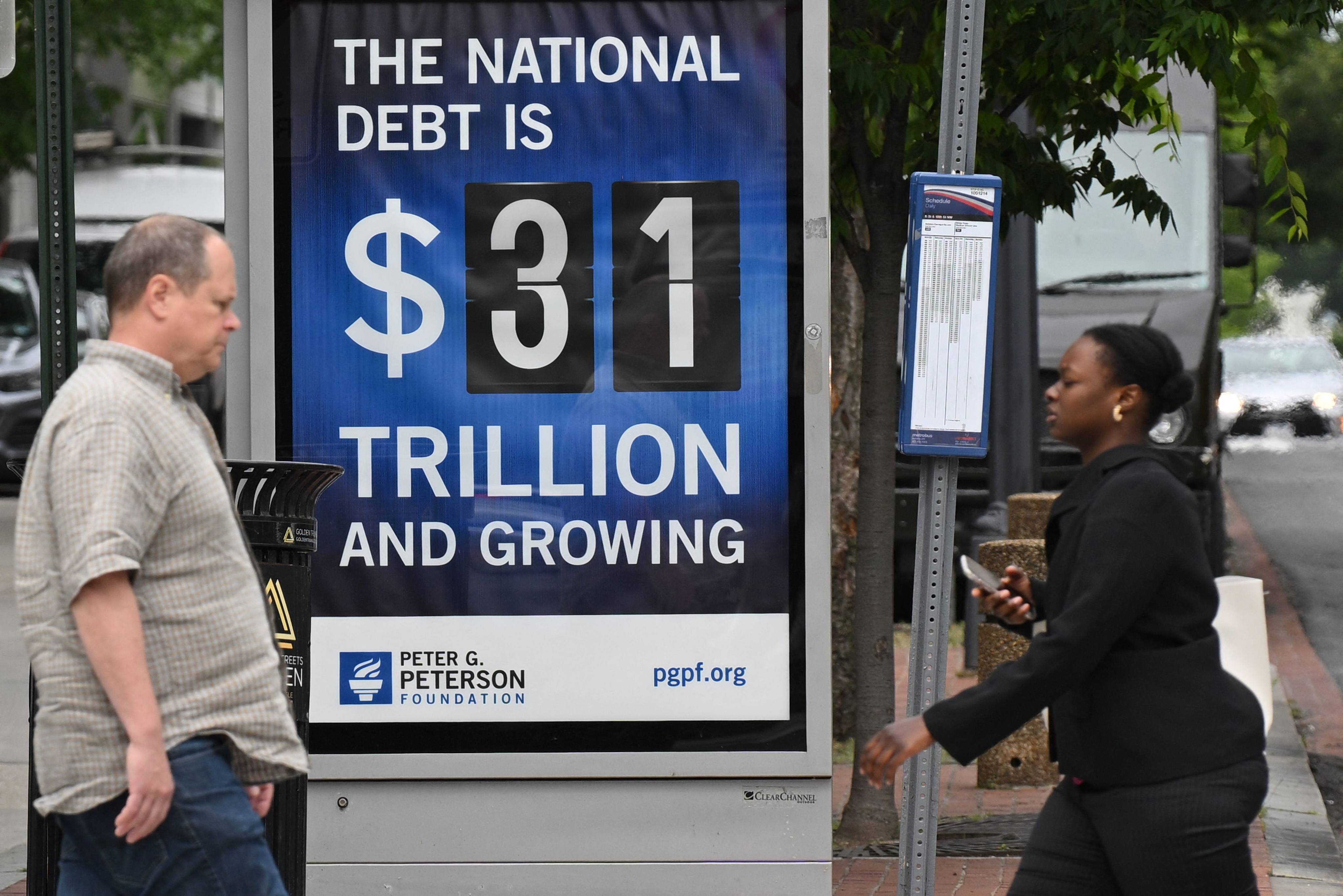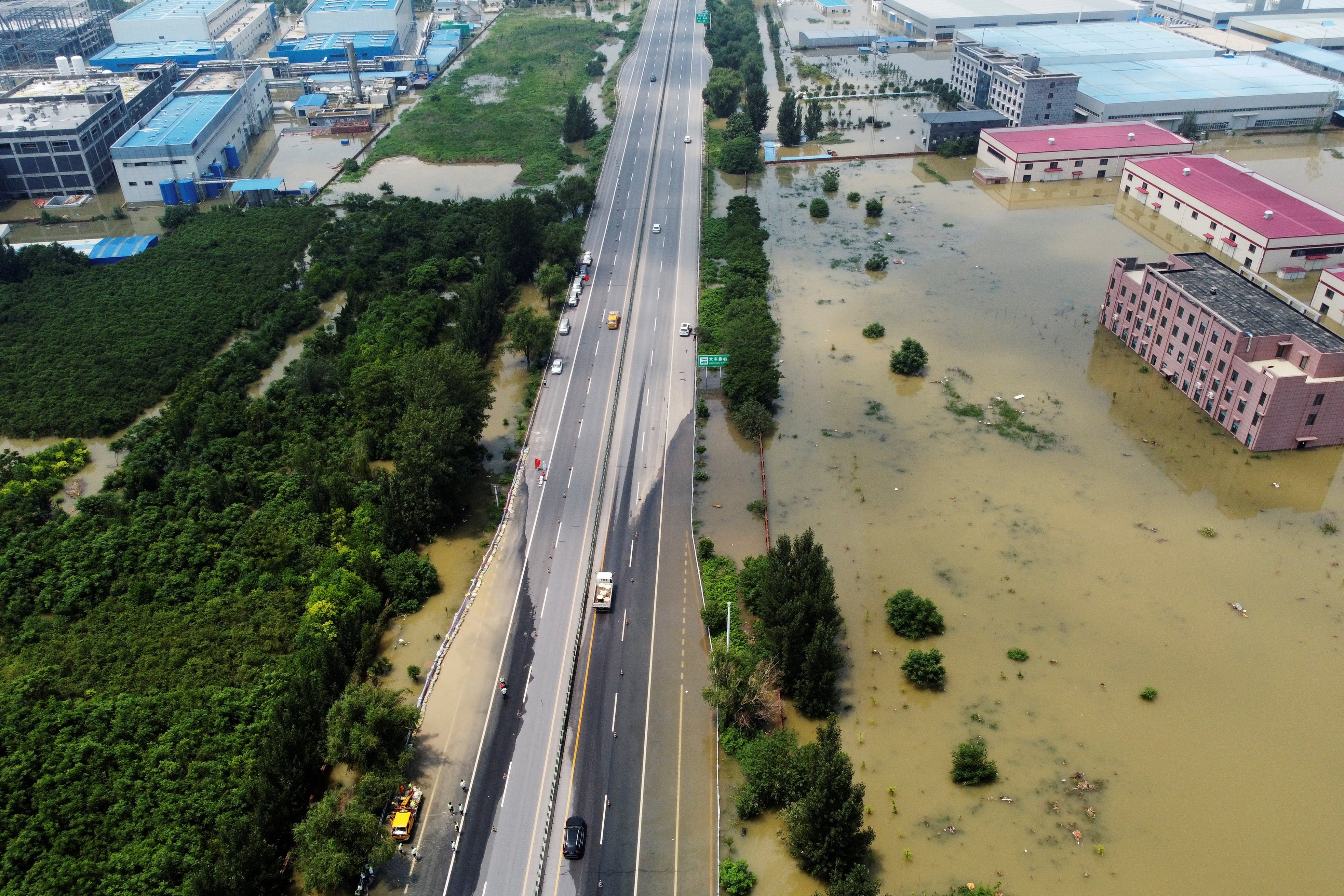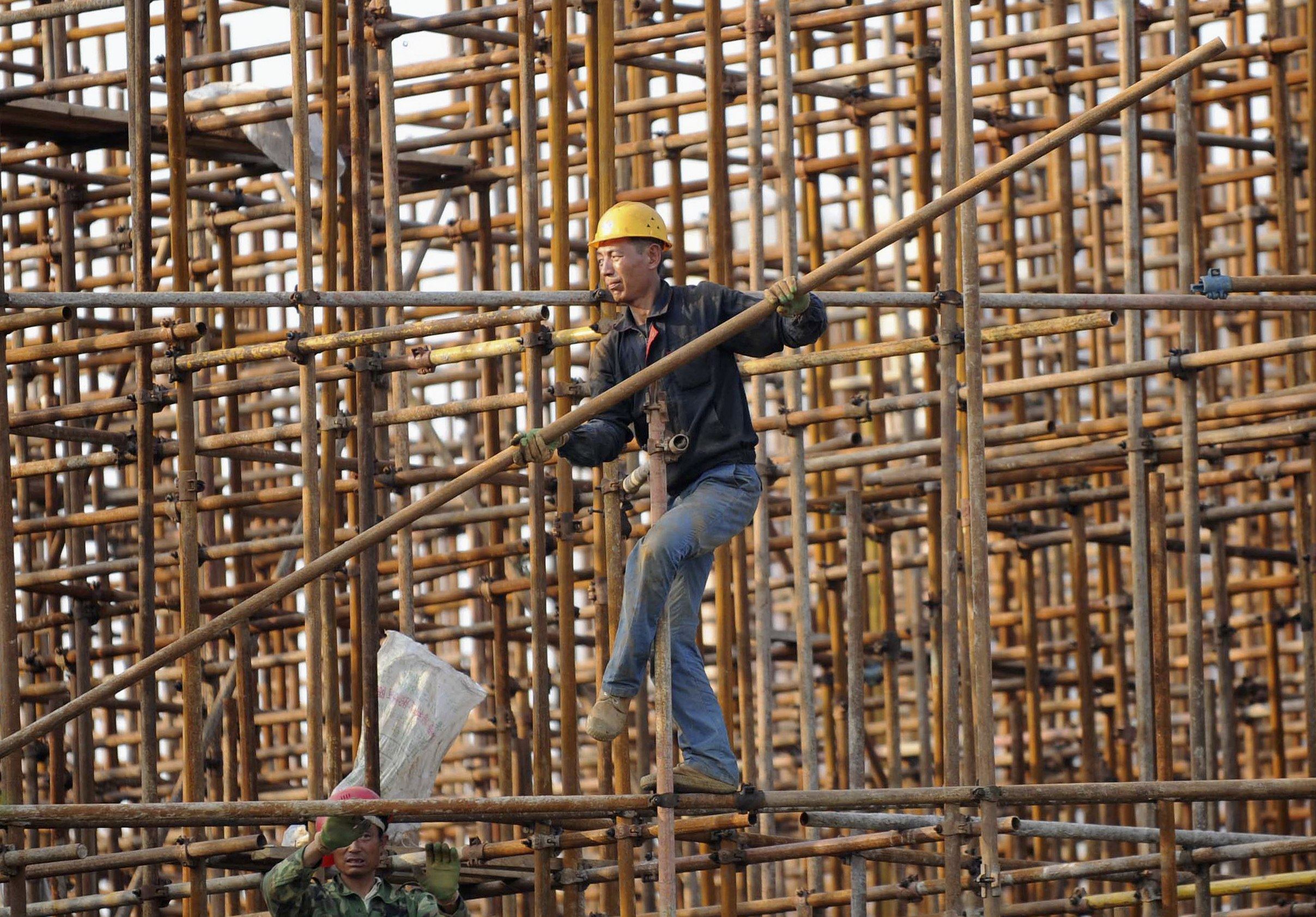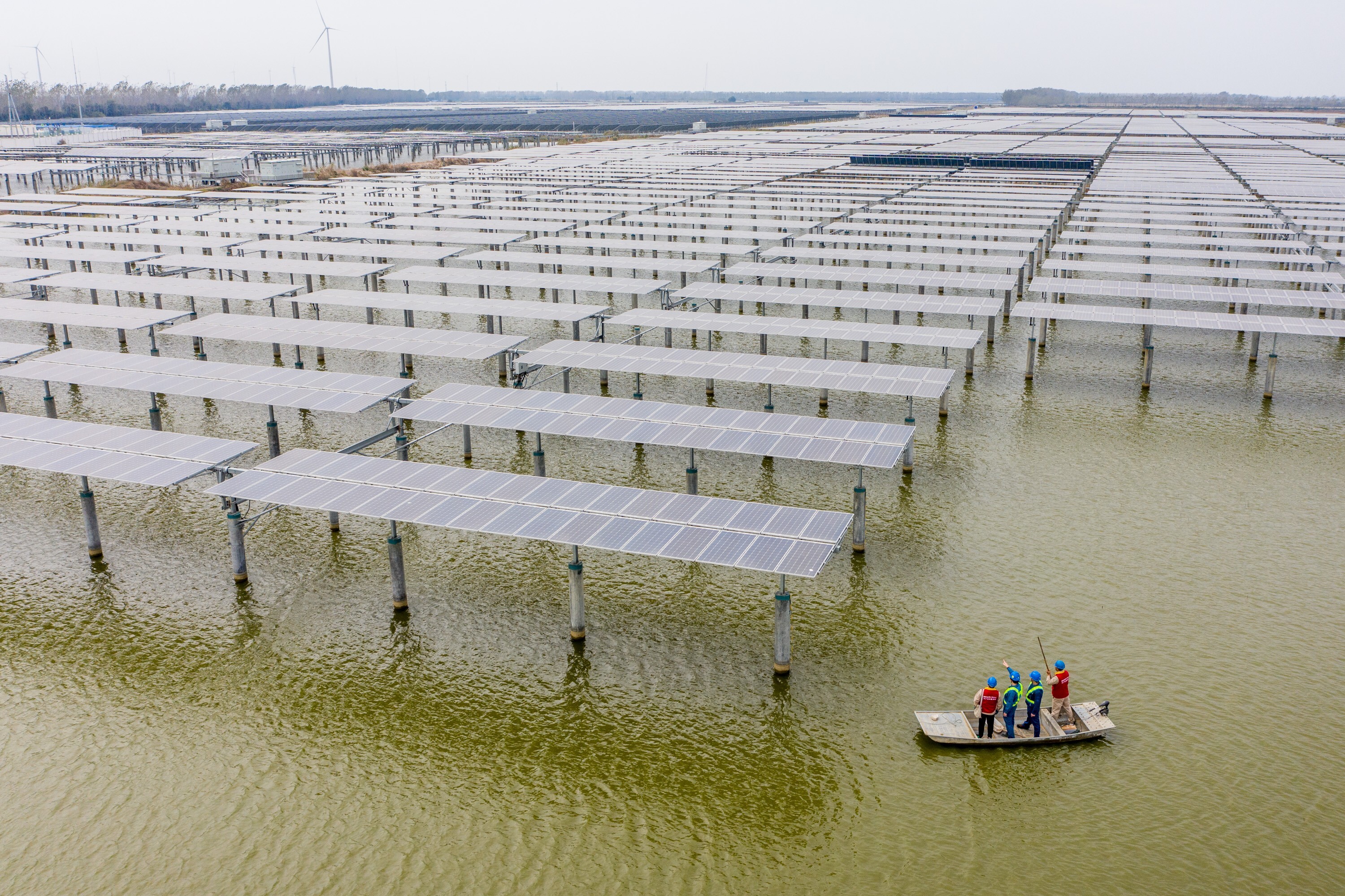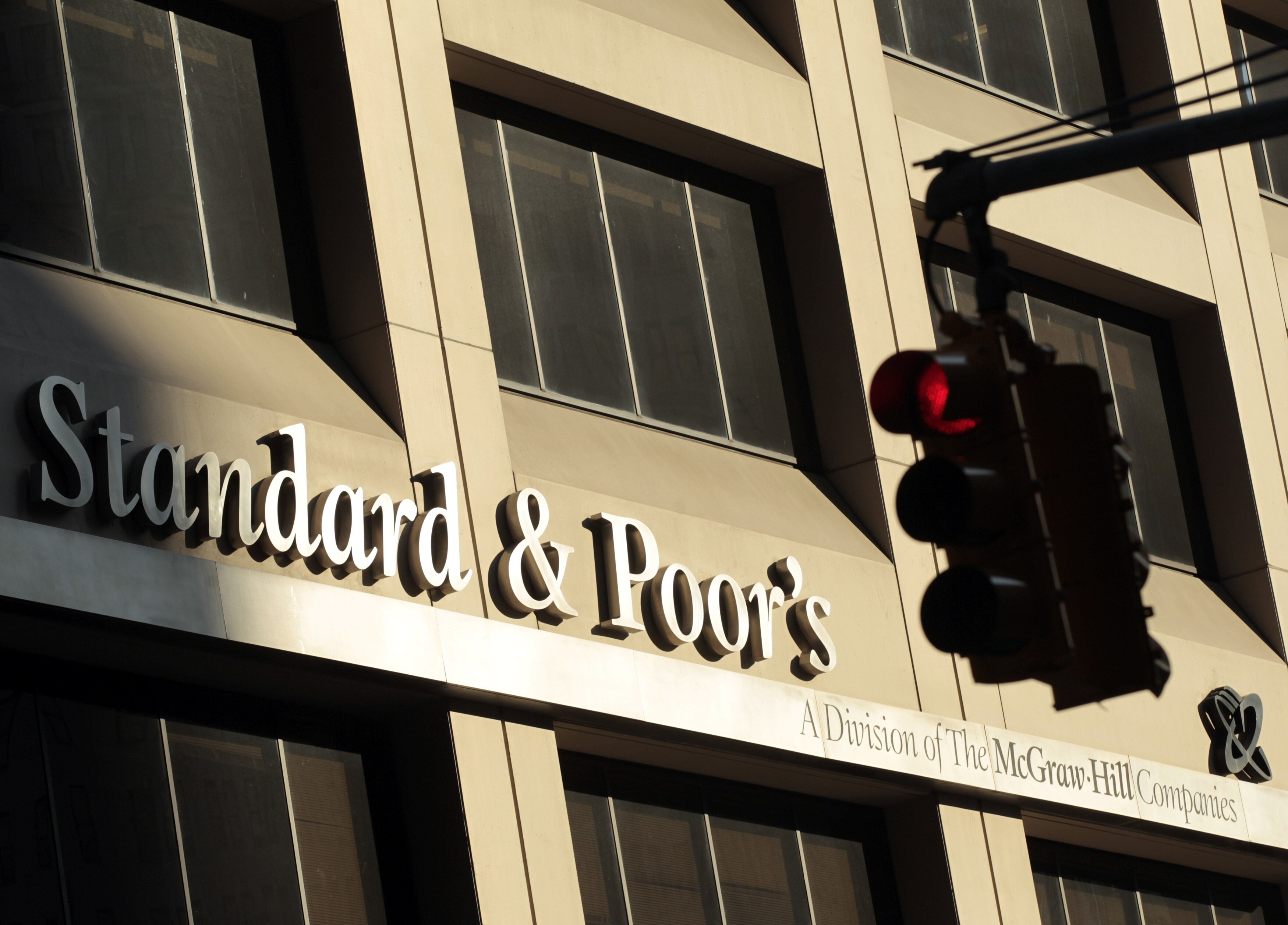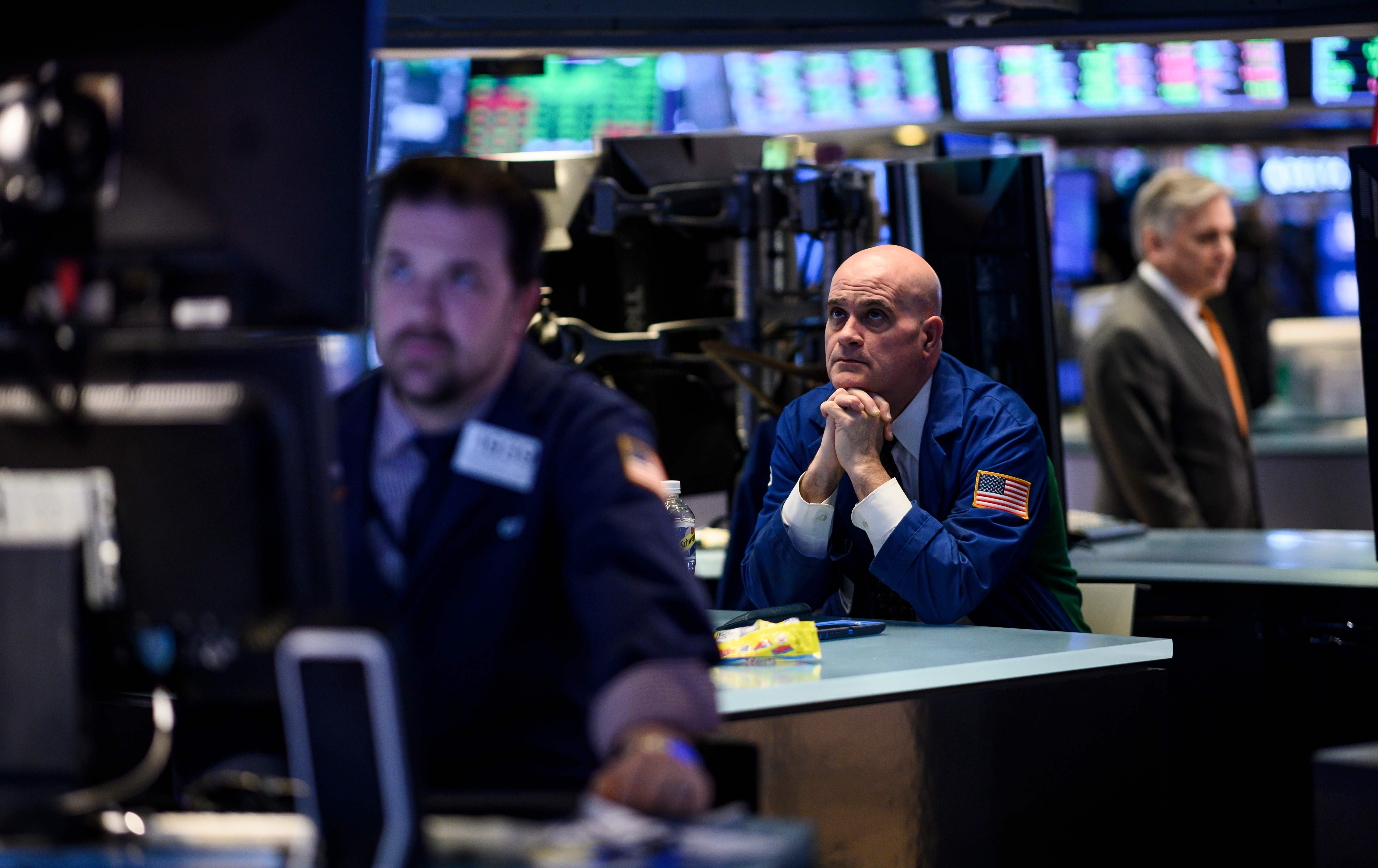Advertisement
Advertisement

Moritz Kraemer
Moritz Kraemer is chief economist and head of research at LBBW (Landesbank Baden-Württemberg), Stuttgart, Germany. He was previously chief economic adviser of Acreditus, a Dubai-based financial advisory firm, and a chief global ratings officer for sovereigns at S&P Global.
All three major American agencies have neither changed their outlook nor altered their rating of the US, implying a near-zero probability of default – tantamount to a dereliction of duty.
Poor countries’ greenhouse gas emissions are rising fast, and they need help to both deal with climate change and avoid becoming big polluters themselves. G20 nations should launch a finance facility against climate change on the lines of the Next Generation EU instrument with the aim of reducing carbon emissions quickly.
Investment, technological advancement and population control have transformed China’s economy – but there are signs the old economic model is losing steam. Beijing must now relax its grip and allow entrepreneurial initiative to flourish.
If the trajectory of emissions growth continues, China could see its credit rating drop six notches and billions more in debt service. China has much to gain from getting serious on carbon neutrality, and any delay would be tantamount to economic self-harm.
Advertisement
